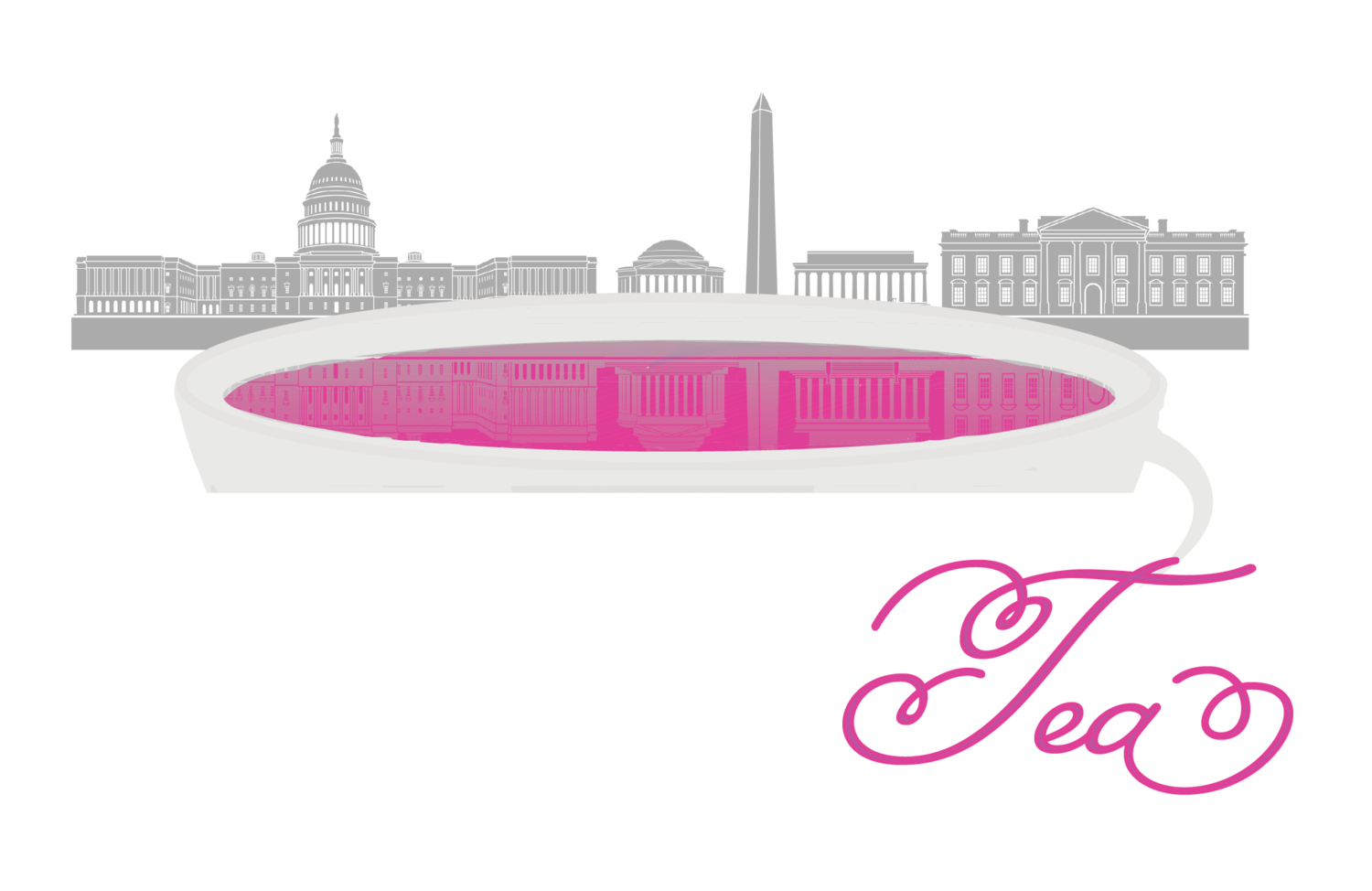J Cole and Noname: An Untimely Conversation
By: Alexis Alex
Let me start by making this clear, I am a J Cole fan. Therefore, none of these critiques are coming from a place of malice, but the issue must be addressed.
This week, the news of Oluwatoyin “Toyin” Salau’s murder broke on Twitter, and it forced Black women to face the daunting reality that we could lose our lives because of misogynoir. Before Toyin’s death, she detailed her abuse story and cried out for protection against her abuser, but it fell on deaf ears. This is the burden many Black women must carry, wondering if our cries will be heard in a world that actively silences us. Along with grieving Toyin, we have also been exposed to grotesque videos of Black women being abused at the hands of Black men from being thrown in dumpsters and freezers to being knocked out with skateboards. Black women have been doing the work to unpack misogynoir, but our counterparts have not. This is why J Cole’s “Snow in Da Bluff” felt like a smack in the face.
In his new song, Cole is critiquing a specific type of Black woman: one who he believes shouldn’t judge other for not being as “woke” as anyone else, “How you gon’ lead when you attackin’ the very same niggas that really do need the shit that you sayin’?” Noname is representative of the type of Black woman Cole is addressing. But the problem is, his energy is unwarranted. Many of us have watched Noname’s radical politics develop over the years, by actively listening and doing the work necessary outgrow her old mindset. Once she was told her original stage name, Noname Gypsy , was offensive she dropped it. When confronted about her original thoughts supporting capitalism, she was willing to engage open conversation with her Twitter followers, and now she jokingly refers to herself as a communist. Noname has transformed her mindset and done the work in front of our eyes, which is why J Cole’s critique is misdirected. If Noname can admit wrong and do the work, why can’t anyone else? All it take is an open mind and willingness to learn. Unlike Noname, Cole admitted that he has not done a lot of reading, but what is stopping him? Misogynoir. Misogyny is virally perpetuated throughout the hip-hop, and although Cole might not be the worst perpetrator of it, he is still apart of the problem. This is where Cole’s fans are missing the point, Cole felt comfortable policing a Black woman’s tone, while being aware of the “angry” and “loud” stereotypes that are placed on Black women. If he felt Noname was being condescending, he could have reached our privately. But policing her tone indirectly through a song, considering the climate? Wrong move. Within all communities, Black women continue to be policed for their tones while their message is overlooked. Black men know how this feels, but yet they still do it to us because they can. Cole’s inability to hold himself accountable only reaffirms how deeply-rooted these systemic problems are, and it is impossible to reason with someone who is not willing to acknowledge how their role in it. Black women have the uphill battle of fighting racism from other communities and misogynoir within our own.
Noname responded in a track called Song 33. which I think was the perfect response. Why did Cole use this moment to critique her? At such a critical time, when Black people are being slaughtered everyday, you choose to a police a Black woman’s tone. Read the room Cole, you done messed up. And I am happy that Noname’s response brought the focus back to the real issues at hand.
We are fighting a war people, we do not have time to engage in gender wars. Everyone should be doing the work to educate themselves and raise awareness. So leave your egos and misogyny at the door okay!!



